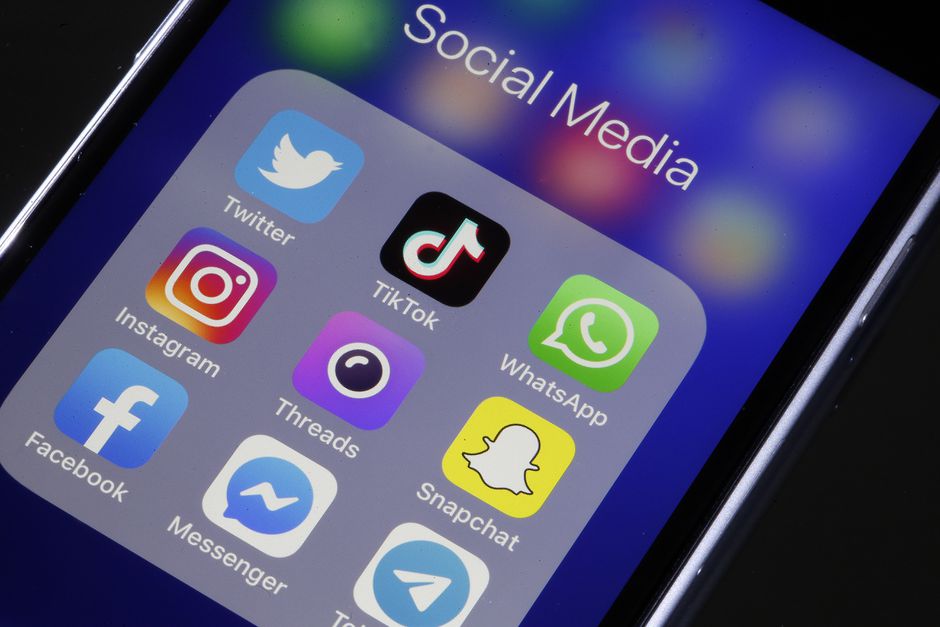Recently, social media has been linked to a multitude of mental health problems for teenagers including anxiety, depression, self-harm and suicide. It creates self-esteem issues that can lead to eating disorders and it reinforces the negative stereotypes surrounding beauty standards. If we know that all of this is true of social media, then why would we want to expose kids to it at an even younger age?
This past year, Facebook CEO Mark Zuckerberg has been developing plans for a new version of the popular social media platform Instagram that is intended for children under the age of 13. Since Instagram currently has an age restriction that prevents children under 13 from using the app, it is generally assumed that pre-teens circumvent this obstacle by simply lying when asked their age–thus leading to an influx of young users. Because of this, Zuckerberg claims that this new “Instagram Kids” platform will actually be a protective force against the aforementioned consequences of social media because it will be solely for people of the same age, eliminating possible negative influences from older users.
In September, Zuckerberg announced that he was temporarily putting a pause on the Instagram Kids project after receiving backlash from both parents and the U.S. Senate alike. But simply pausing the development of the app isn’t the solution. Instagram Kids can cause potentially irreversible damage on our youngest generation and should never be created.
I’ve never been a big fan of social media, which is why I got it relatively late compared to the rest of my peers. I never liked the idea of my entire generation being built on the principles of incessant comparison and the constant need for social validation. I can genuinely say that my life was fine without social media (shocking, I know). However, now that I do have it, I can see why there are so many mental health problems associated with it. Instagram specifically is a never-ending stream of superficiality that causes doubts to creep into your mind about your own life. Followers, likes and views are all a means of instilling a culture of measuring yourself against others. This is unhealthy to be doing all the time, especially for kids.
Introducing this platform to pre-teens is especially problematic. Studies show that children are most susceptible to social influence around the age of 12. In other words, pre-teens are most likely to change things about themselves, without truly thinking about it, just because they see others doing it. Zuckerberg wants to choose this crucial time in a child’s life to introduce them to social media, which is arguably the main influence on current teenagers’ lives.
We are so easily convinced that we should be doing what we see on social media because it is mainstream and popular, even if it can have negative consequences. For example, certain body types are deemed more acceptable than others through social media influencers, and this can lead to kids developing eating disorders because they want to fit these standards. When you combine this tendency to believe everything we see on social media with the tremendous suggestibility of pre-teens, you have the perfect recipe for a generational crisis.
We have already seen the harmful effects of technology and social media on today’s youth: increased isolation, the development of cyberbullying, historic spikes in mental health issues and a decrease in general social skills. Instagram can be fun, but is it really worth these risks, especially for younger kids who don’t yet have the intuition to make rational decisions for themselves?
Another oversight of Zuckerberg’s development of Instagram Kids is the potential danger of having an entire social media platform filled with children only. This could make it alarmingly easy for child predators to pose as pre-teens and join the app with the intent of kidnapping other users. Depending on the extent of parental controls on Instagram Kids, this can be a disastrous consequence of creating a social media platform dedicated solely to naive and overly trusting children.
Introducing kids to social media at such a young age feels, in my opinion, like we are robbing them of their childhood. They shouldn’t have their eyes constantly glued to their phones, closely monitoring their like count or feeling excluded after seeing that their friends are hanging out without them. Let kids be kids without the social stress and anxiety that is a byproduct of social media. The reality of our technology-driven society is that kids will eventually get social media anyway. So, Zuckerberg shouldn’t be rushing to expose them to its flaws earlier than necessary.

